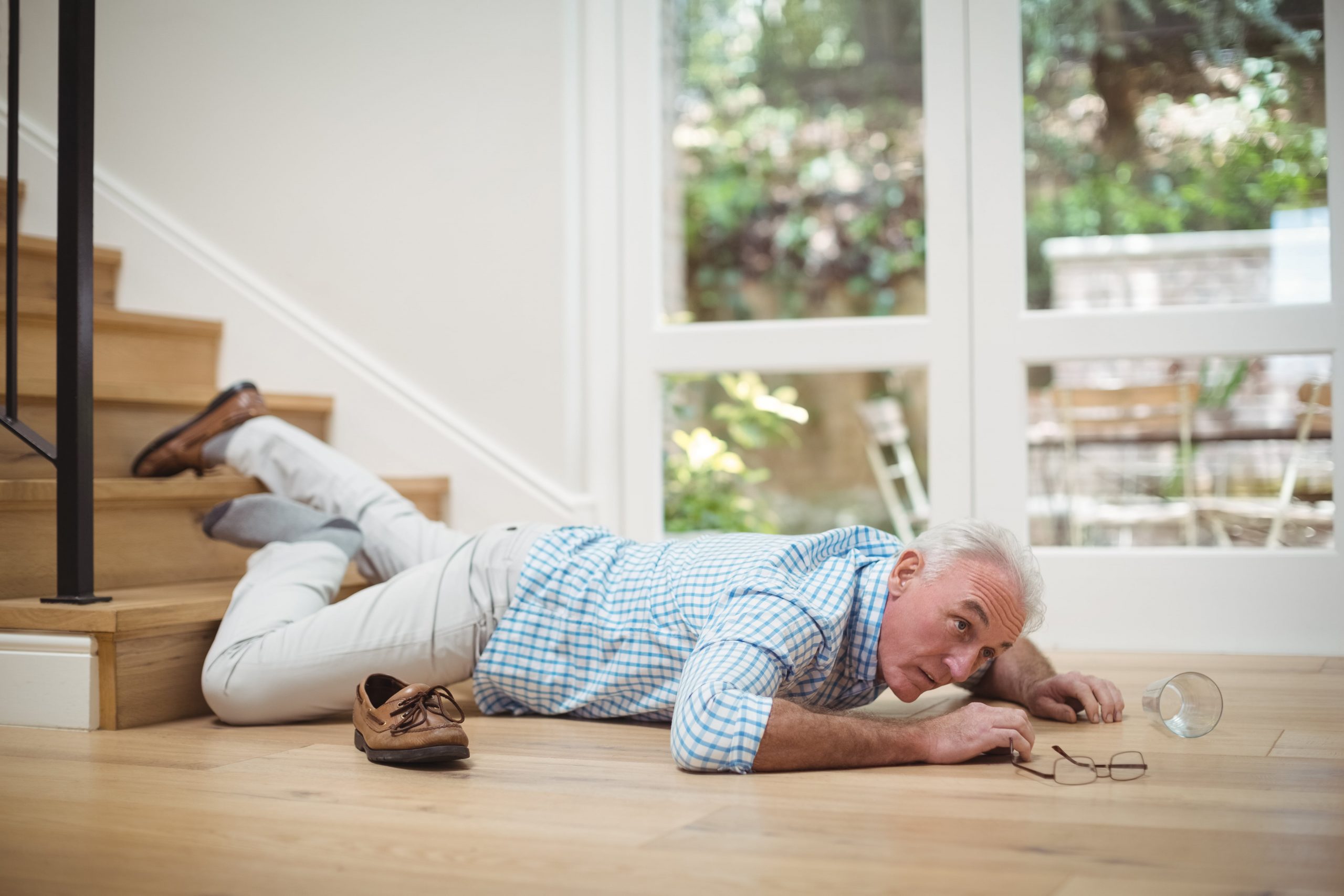
Accidents can happen at any time and anywhere, but your home is especially vulnerable. Fortunately, many incidents can be prevented with a few simple precautions.
The initial step to taking care of your home is taking a monthly walk through with an objective mind and an eye for potential hazards. Doing this will enable you to spot these potential issues, eliminate them and safeguard everyone in your household from injury.
Be mindful of any areas where children and pets might play, such as stairs and basements. Keep these spaces clear of clutter and try to keep items off the floor if possible.
Use safety gates at both the top and bottom of stairs, especially if you have young children in your home. Additionally, install stair lights and plug-in night lights so your children can safely ascend the staircase to their top destination.
Store chemicals and other hazardous substances out of reach of children. This includes things like paint, cleaners and other household chemicals. Label these items clearly and teach your kids what a skull and crossbones means on containers so they know not to open them without adult supervision.
Keep medications out of reach at all times, especially if anyone in your family has any medical conditions.
Medications can have a number of detrimental effects on people, such as difficulty staying alert and changes to balance and coordination. Furthermore, people have been known to accidentally consume poisonous substances from these medications so it’s essential that these drugs be kept out of reach at all times.
Alcohol can also slow down reaction times, distort vision and blur judgment, making it difficult to detect hazards and take appropriate measures to protect yourself from injury or illness.
Falling objects are a leading cause of injury in the home. This includes items like furniture, doors, shelves and window frames; so it’s essential to make sure these areas are free from hazards.
Be mindful of electrical cords and appliances, which can lead to serious injuries if they get caught on something or cut by a sharp object.
If you have a child at home, an electrician may install special plugs to avoid accidents. Not only will this save you from visiting the emergency room, but it could also lower your insurance costs in the long run.
It’s wise to regularly inspect the safety of your appliances and electrical leads, so that you can be certain they are functioning optimally.
Glass is a hazardous substance in the home, so be mindful when handling it. If you break a glass, be sure to block off the area and sweep up any pieces immediately.
You can reduce the risk of injuries by making sure all glass items are out of reach of children and elderly individuals. For instance, never allow a child to play with an empty drinking glass left out on the table, and make sure all utensils are stored away safely in drawers or cupboards when not in use.
